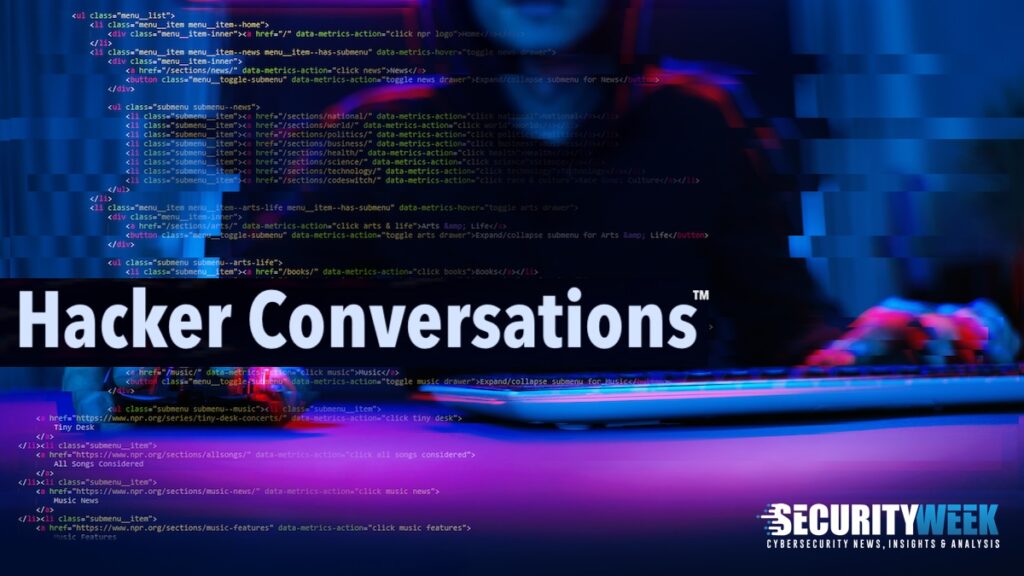
January 3, 2024 at 10:39AM
Cybersecurity researcher Runa Sandvik, known for her ‘situative’ approach, emphasizes the need for contextual understanding in cybersecurity. She believes curiosity, stubbornness, and an interest in the topic are vital for aspiring researchers. Sandvik discusses revenue sources for researchers, the ethics of bug bounties, responsible disclosure, and its legal implications. She considers researchers vital to the security ecosphere and emphasizes the importance of enjoying the research process.
From the provided meeting notes, it is clear that Runa Sandvik is a dedicated and passionate security researcher with a focus on situative research. She emphasized the importance of understanding context and the environment in which security challenges exist, particularly in relation to at-risk groups and journalist security.
In addition to insatiable curiosity, Runa highlighted the need for a degree of stubbornness and a desire to ask challenging questions in the field of research. She also stressed the significance of finding enjoyment and interest in the work being examined, and the necessity of aligning with a community that shares similar goals.
Furthermore, she discussed the revenue aspects for researchers, including potential sources of income such as working for established companies, providing intelligence to clients, and participating in bug bounty programs. She also touched upon the ethical considerations when selling vulnerabilities, especially in the context of geopolitical allegiances.
Runa’s perspective on sharing and disclosing research work emphasized the importance of responsible disclosure, while acknowledging the varying legal considerations in different jurisdictions. She highlighted the changing attitudes toward researchers over the years and the evolving perception of their role in cybersecurity.
Regarding the impact of security researchers on the cybersecurity ecosystem, Runa underscored the vital role they play in informing the public and uncovering misuse of tools, referencing the work done by Citizen Lab and Amnesty International. She also drew parallels between the roles of researchers and investigative journalists in shedding light on critical issues.
Finally, she shared an intriguing anecdote about a memorable research project involving hacking a WiFi sniper rifle at a gun show and stressed the importance of finding enjoyment and fulfillment in the research process, as well as in connecting with the security community through events like PancakesCon.
Overall, Runa Sandvik’s insights and experiences provide valuable perspectives on the characteristics, challenges, ethical dilemmas, and impact of security research in the cybersecurity landscape.